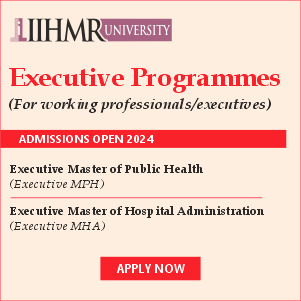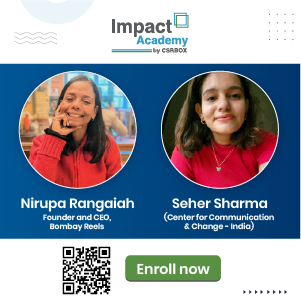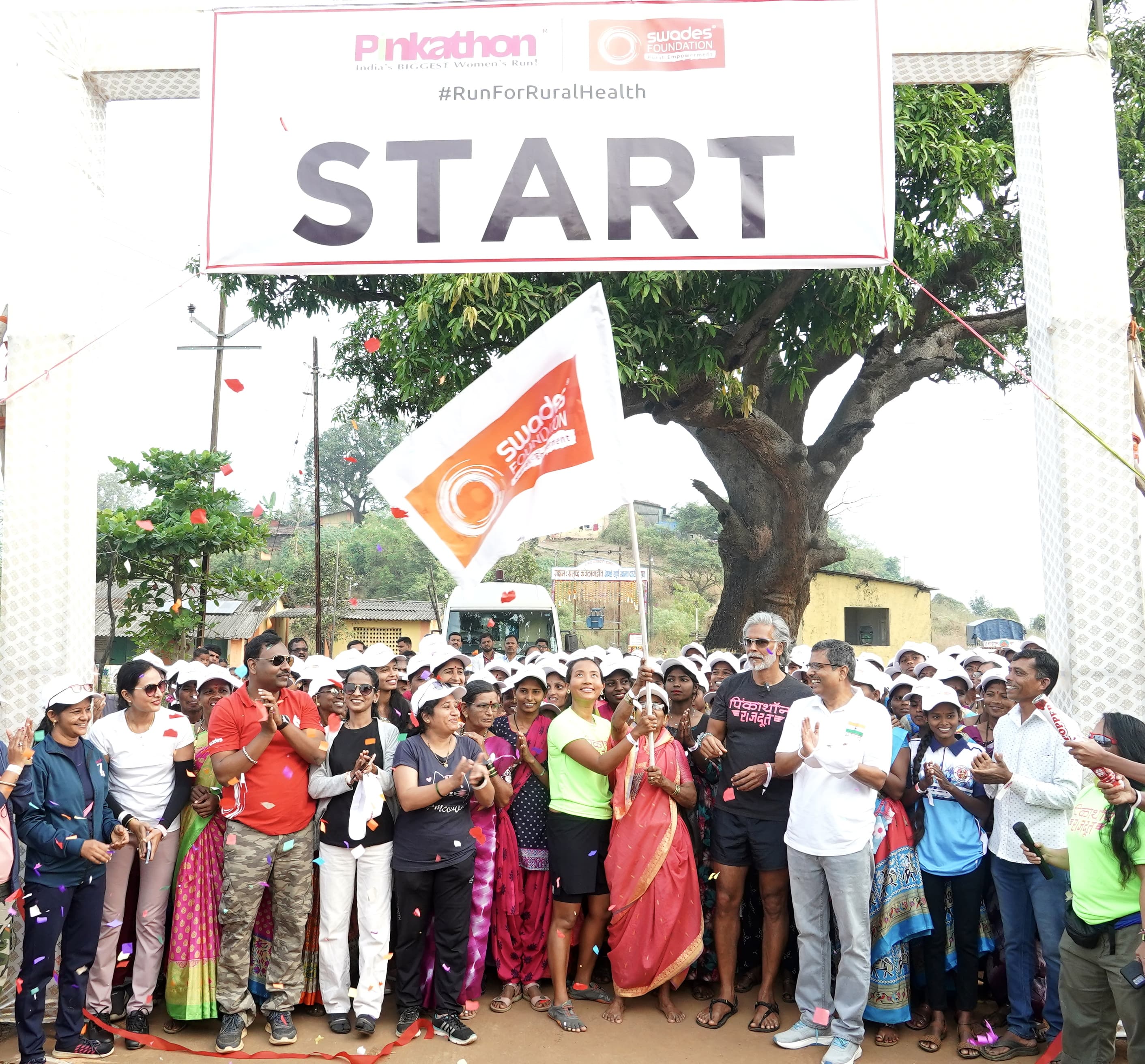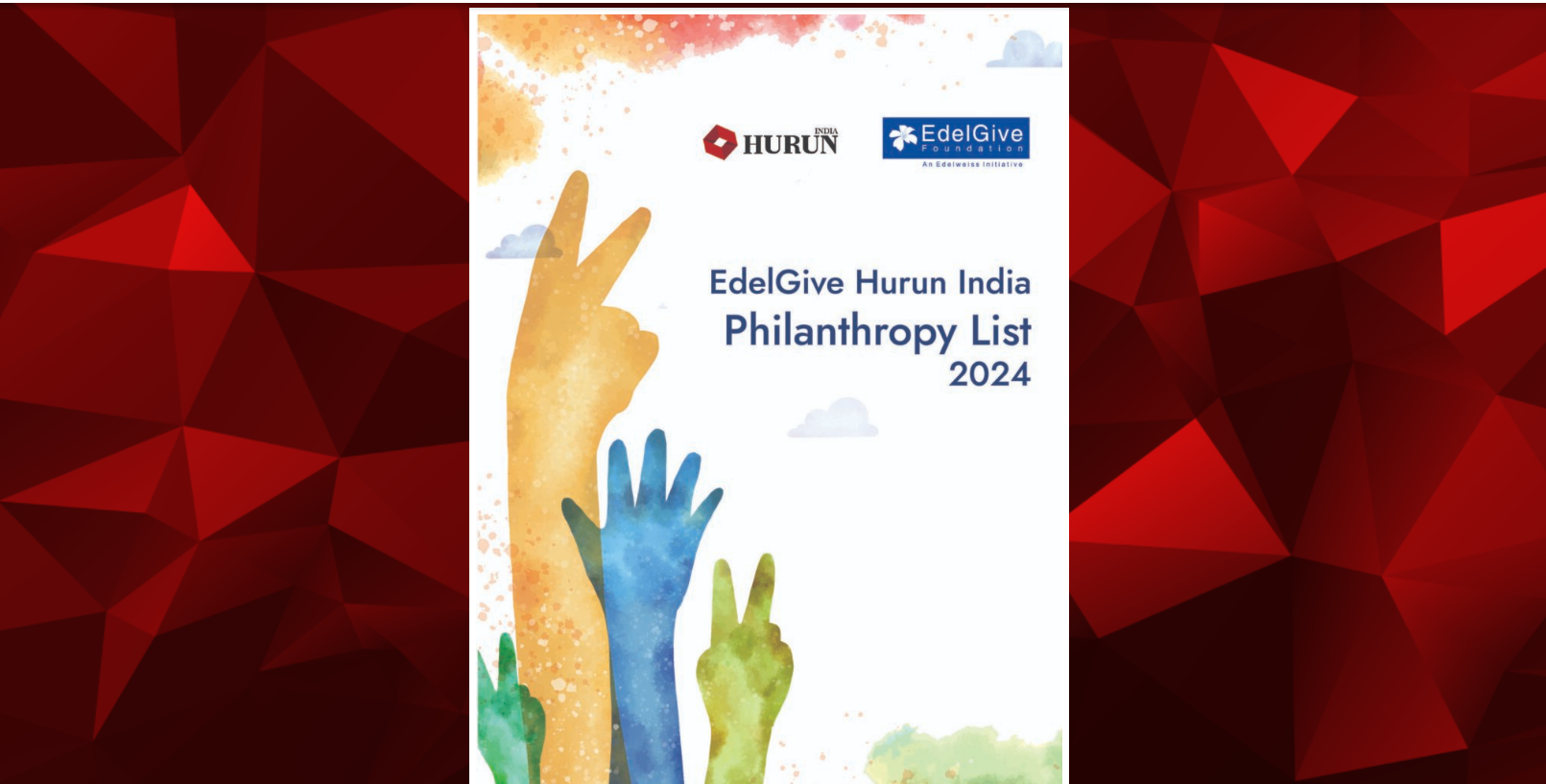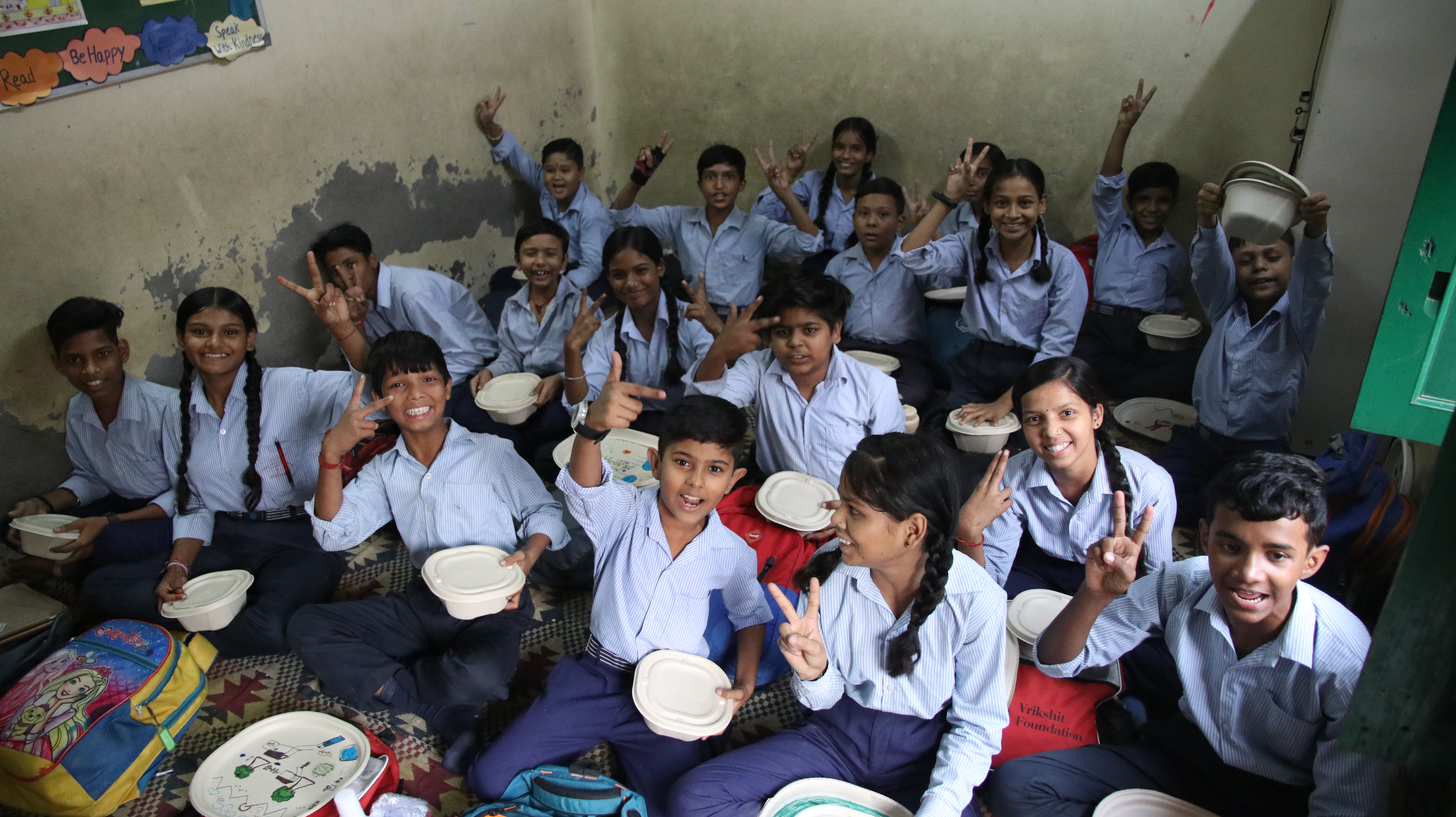Subscribe our Weekly Newsletter
RFP for Scoping Study in Headwater Region of the Narmada in Upper Narmada Basin

Organization: The Nature Conservancy (TNC) India
Apply By: 12 Dec 2024
Nature Conservancy India Solutions Private limited
Request for Proposals (RFP) for Scoping Study in Headwater Region of the Narmada in Upper Narmada Basin
|
Date of Issue of RFP |
21.11.2024 |
|
Last date for seeking clarifications |
28.11.2024 |
|
Date of Pre-Proposal Meeting (Via VC) |
05.12.2024 |
|
Last date for Submission of RFP |
12.12.2024 |
Introduction
The Nature Conservancy (TNC) is a leading conservation organization working to make a positive impact around the world in 76 countries and territories. Founded in 1951, TNC’s mission is to conserve the lands and waters on which all life depends. With our core values of integrity beyond reproach, respect for people communities and culture, and commitment to diversity we aim at environmental conservation through lasting tangible results.
TNC has been advancing projects in India since 2017 to support India’s efforts to “develop without destruction”. We work closely with the Indian government, research institutions, other NGOs, private sector organizations and local communities to develop science-based, on-the-ground, scalable solutions for some of the country’s most pressing environmental challenges. Visit at www.nature.org to know more.
Nature Conservancy India Solutions Private Limited (NCIS) is a Private Limited Company incorporated under The Companies Act, 2013. It is a subsidiary of The Nature Conservancy, one of the largest not-for-profit conservation organisations in the world. NCIS was incorporated with the objective of providing research, consulting, technical support, and advisory services to various stakeholders in and outside India relating to conservation of nature, environment, biodiversity, and climate change.
Purpose
The post 2020 Kunming-Montreal Biodiversity Framework lays down 23 urgent and strategic targets up till 2030, building on the Convention’s previous Strategic Plans. Among others it emphasizes the importance of freshwater conservation through its mission of halting and reversing biodiversity loss, which includes the protection and sustainable use of water-related ecosystems. In the light of this context, and with the intention of furthering an existing Narmada riparian restoration project (concluded on 30th Sep 2024), undertaken by The Nature Conservancy in 24 sites spanning across 272 Ha of area in Narmadapuram district of Madhya Pradesh, we seek proposals to undertake multiple scoping studies to assess integrated ecological status in the riparian areas of the Narmada headwater region in Upper Narmada Basin (UNB).
The Narmada is the seventh largest river in terms of drainage area and its basin covers an area of approximately 98,796 km2 in total, spanning across the states of Madhya Pradesh (82%), Gujarat (12%), Maharashtra (4%), and Chhattisgarh (2%). It originates in Amarkantak, on the eastern fringe of the Maikal plateau of Satpura range, in Anuppur district of Madhya Pradesh. The basin may be divided into three sub basins, upper, middle, and lower and for the purpose of this study, we focus on the headwaters of the upper catchment of the upper Narmada Basin.
Streams and rivulets emerging in the Achanakmark Amarkantak Biosphere Reserve (AABR) constitute the headwaters of the Narmada and is therefore considered as the origin of the river. The AABR not only provides a safe haven to a diversity of flora and fauna but is also home to some of the oldest forest dwelling communities. The reserve inevitable plays an important role in rejuvenating the river at this region. Presently there is ample evidence that indicates an increase in intensive farming, major decline in agroforestry, and decline in forest connectivity in the region. Thus, through a multipronged scoping study we would like to assess the river health, how it impacts and is impacted in return.
Contract Type and Contract Services
NCIS will entertain RFP Cost-Plus Fixed Fee (CPFF) completion type contract(s).
Project Proposals
NCIS invites project proposals from project proponent for successful completion of the activities as mentioned in ‘Key Objectives’, i.e., to undertake multiple scoping studies to assess integrated ecological status of the riparian areas of the Narmada headwater region in Upper Narmada Basin (UNB).
Place for Performance
Headwater of Narmada - From Narmada Udgam (Savitri Sarovar) to Roosa Mal (Bhimkundi) is a stretch of approximately 50 km that starts form the headwaters of Narmada and passes through the Achanakmar BR and transitions into intensive farming land by the time it reaches Roosa/ Bhimkundi.
Period for performance
6 Months (January to June 2025)
Key Objectives
Through the proposed project on integrated approach towards securing the ecological integrity and riparian ecosystem of the Narmada, we seek to adopt a systems theory approach to assess the impact of the predominant land use types along the river in the headwater region of the Narmada, on the river and vice versa.
In this case- a comparative assessment of the impact of agricultural land, forest area and transition zone (between forest area and agricultural land) with a special focus on measuring impacts of agroforestry.
Though advantages of agroforestry system have been well documented globally rigorous measures of its impact are limited. We seek to measure social, economic, and environmental impacts of agroforestry through a comparative assessment of agricultural productivity, biodiversity value, ecosystem services, and human well-being with the non-practitioners of agroforestry or intensive agriculturists in the landscape.
The primary objectives are as follows:
- Assess change in cropping pattern, trends of agricultural yield and corresponding water footprint
- Assess dissolved nutrient composition in the upstream of Narmada corresponding to:
- Agricultural land
- Forest area
- Transition zone (between forest area and agricultural land)
- Assess diversity, distribution, and abundance of pollinators through bioindicators and biomonitoring in:
- Agricultural lands (intensive farming, agroforestry, and regenerative farmlands)
- Forest area (riparian forest and associate forest)
- Transition zone between forest area and agricultural land
- Assess diversity, distribution, and abundance of avifauna (wetland and terrestrial) in:
- Agricultural lands
- Forest area (riparian forest and associate forest)
- Transition zone between forest area and agricultural land
- Compute agricultural intensity index to assess ecological status of river by its impact on identified macro-zoobenthos as bio indicators.
- Comprehensive tabulation of parameters (environmental and socio economic) to measure and evaluate and subsequently monitor impact of agroforestry systems.
Outcomes
- Comprehensive report on comparative assessment of social background of inhabitants, their cropping pattern, usage of fertilizers, trends of agricultural yield and corresponding water footprint over the past few decades through questionnaire survey *
- Comprehensive report on potential agricultural wash off in the region, status of dissolved nutrient composition in the river and comparison of the health of the river corresponding to
- Agricultural lands b. Forest areas and c. Transition zone (between forest area and agricultural land)*
- Comprehensive report on pollinators as bio indicators of agroforestry ecosystems, substantiated by a comparative analysis of the diversity, distribution, and abundance of select pollinators (bioindicators) in a. Agricultural lands (intensive farming, agroforestry, and regenerative farmlands) b. Forest area (riparian forest and associate forest) and transition zones between forest area and agricultural land*
- Comprehensive report on biodiversity richness of agroforestry ecosystems with a special focus on avifauna. Substantiated by an assessment of diversity, distribution, and abundance of avifauna (wetland and terrestrial) in a. Agricultural lands b. Forest area (riparian forest and associate forest) and c. Transition zone (between forest area and agricultural land) *
- Comprehensive assessment of Agricultural Intensity Index (AII) curated from existing literature best suited for the identified regions and based on data collected; limnological evaluation of ecological status of headwater region of river by its impact on identified macro-zoobenthos as bio indicators. The proposals should explicitly lay out the methodology to determine AII based on available literature. [Ref: Schürings,C., Globevnik, L., Lemm, U.J., Psomas, A., Snoj,L., Hering, D., BirkSchürings, S. (2024) River Ecological Status is Shaped by Agricultural Land Use Intensity, Water Research (251) 121136. https://doi.org/10.1016/j.watres.2024.121136]
- A Monitoring, Evaluation and Learning (MEL) framework derived from the synthesis of all above reports clearly delineating environmental and socio-economic parameters to evaluate and subsequently monitor impact of agroforestry systems.
Estimated Costs and Fixed Fee
The costs allowable will be limited to reasonable, allocable, and necessary costs. The financial project proposal should be prepared in accordance with the cost elements outlined below and project proponents should clearly identify their margin as part of their financial project proposals.
|
S. No. |
Details |
Amount |
|
1 |
The estimated cost of project execution |
INR X (please provide complete break up of total cost) |
|
2 |
The estimated fee for project execution |
INR Y (please mention your fee or margin to manage the project) |
|
|
Total Cost-plus Fixed Fee (CPFF) |
INR X+Y |
Minimum Qualifications
The project proponents are expected to put together a technical team of professionals to deliver the assignment. Below are the desirable experience, skills, and competencies of the team:
- Team members with post graduate degrees or above in Social sciences, Entomology, Agricultural sciences, Limnology, Wildlife sciences, Ornithology or related disciplines.
- Team members required to have work experience in relevant fields and of executing such a project and preparing detailed technical reports and following timelines.
The detailed RFP document will be shared on request on raju.kasambe@tnc.org
Pre-Project Proposal Queries and Clarifications on RFP
To clarify technical queries (excluding cost and fee) on RFP’s must submit questions via email to raju.kasambe@tnc.org and any query relating to cost, project proposal price, etc. must be submitted to jayalakshmi.nair@tnc.org by no later than 11:59pm IST, 28-11-2024 NCIS will make every effort to answer questions by 03.12.2024 before the scheduled pre-proposal meeting on 05.12.2024 . Answers to all questions will be shared with all Project proponents.
Submission of Proposal
Last date for submission of proposal is 12.12.2024 by 11:59pm IST.
Technical and Financial Proposals are required in soft copy only. The subject line of the email submission should state “RFP for Upper Narmada Basin” and will be shared at:
- Financial Project proposal: jayalakshmi.nair@tnc.org
- Technical Project proposal: raju.kasambe@tnc.org
Financial Project proposal must accompany with the following documents:
- Copy of incorporation documents.
- Copy of registration certificate under income tax and GST (If applicable).
- Copy of last three years audited financial statements with audit report.
- Copy of last three years income tax full return.
- Copy of last two GST returns.
- Copy of address proof.
- List of similar projects executed with name of client, year of execution, and value.
- In case the project proponent is registered with MHA, please also share FCRA Registration number and validity.
- Total number of staff (full time, part time and volunteer).
Note: - You are requested to send all financial information in one go to avoid disqualification if any. Project proposals with incomplete financial and other information as requested in this RFP will be rejected summarily.
Submission of the proposal to any other individual will result in the disqualification of the proposal. Project proponent can submit only one project proposal. Submitting multiple project proposals under different name will result in automatic disqualification.
*It should be noted that proposals will be assessed on the robustness of their specific methodologies for the scoping studies.
To download the full RFP, click here
Latest Online Store
Latest Grants
Latest News
© Renalysis Consultants Pvt Ltd













